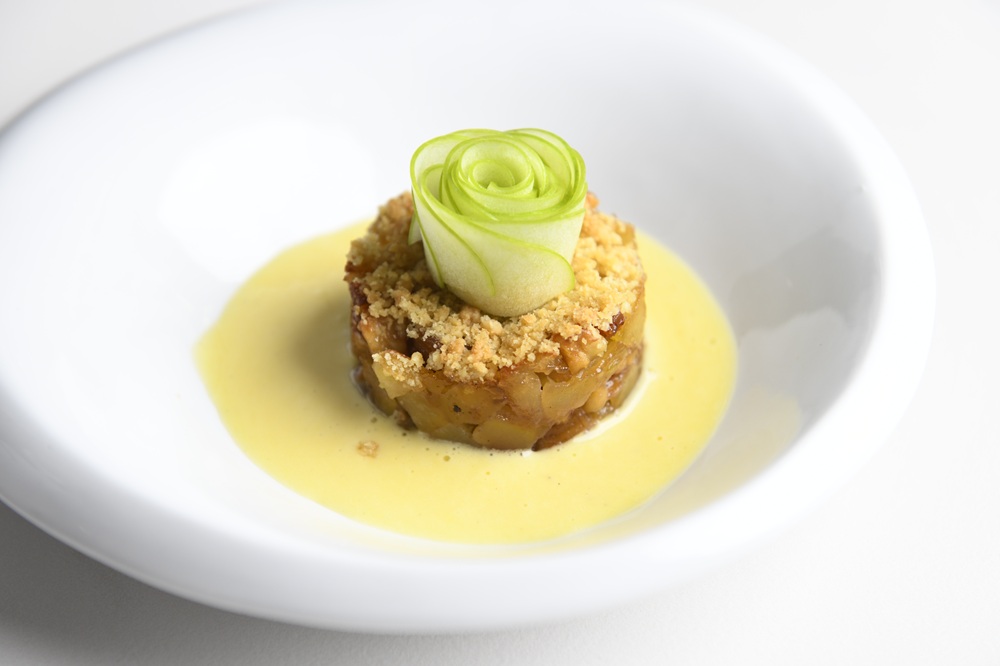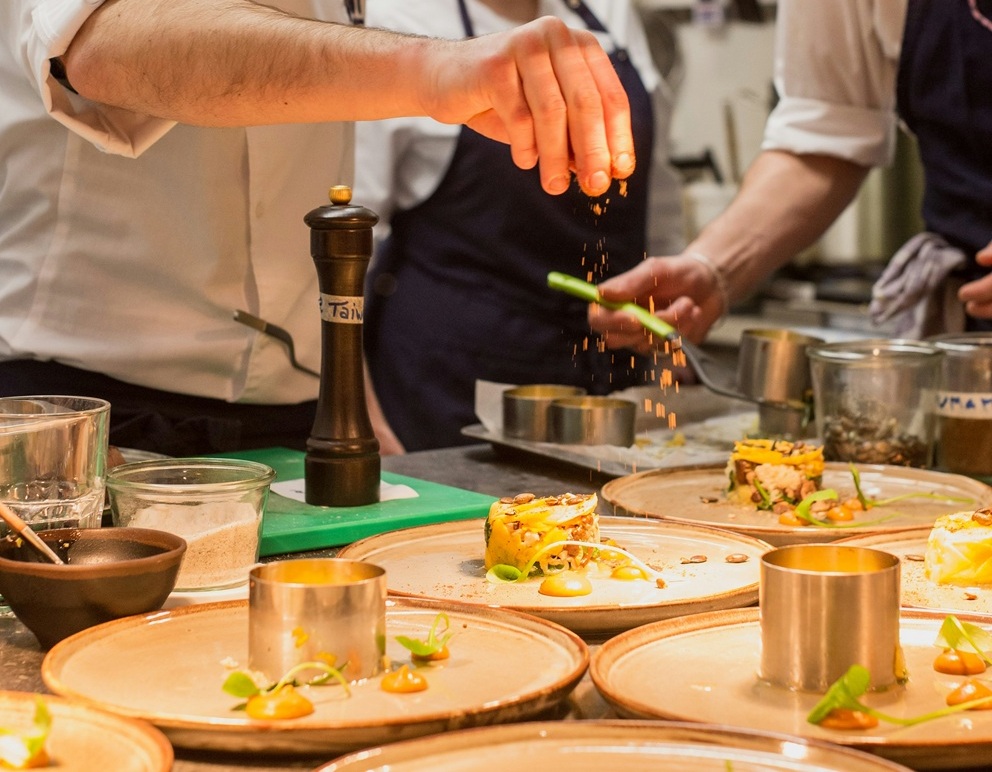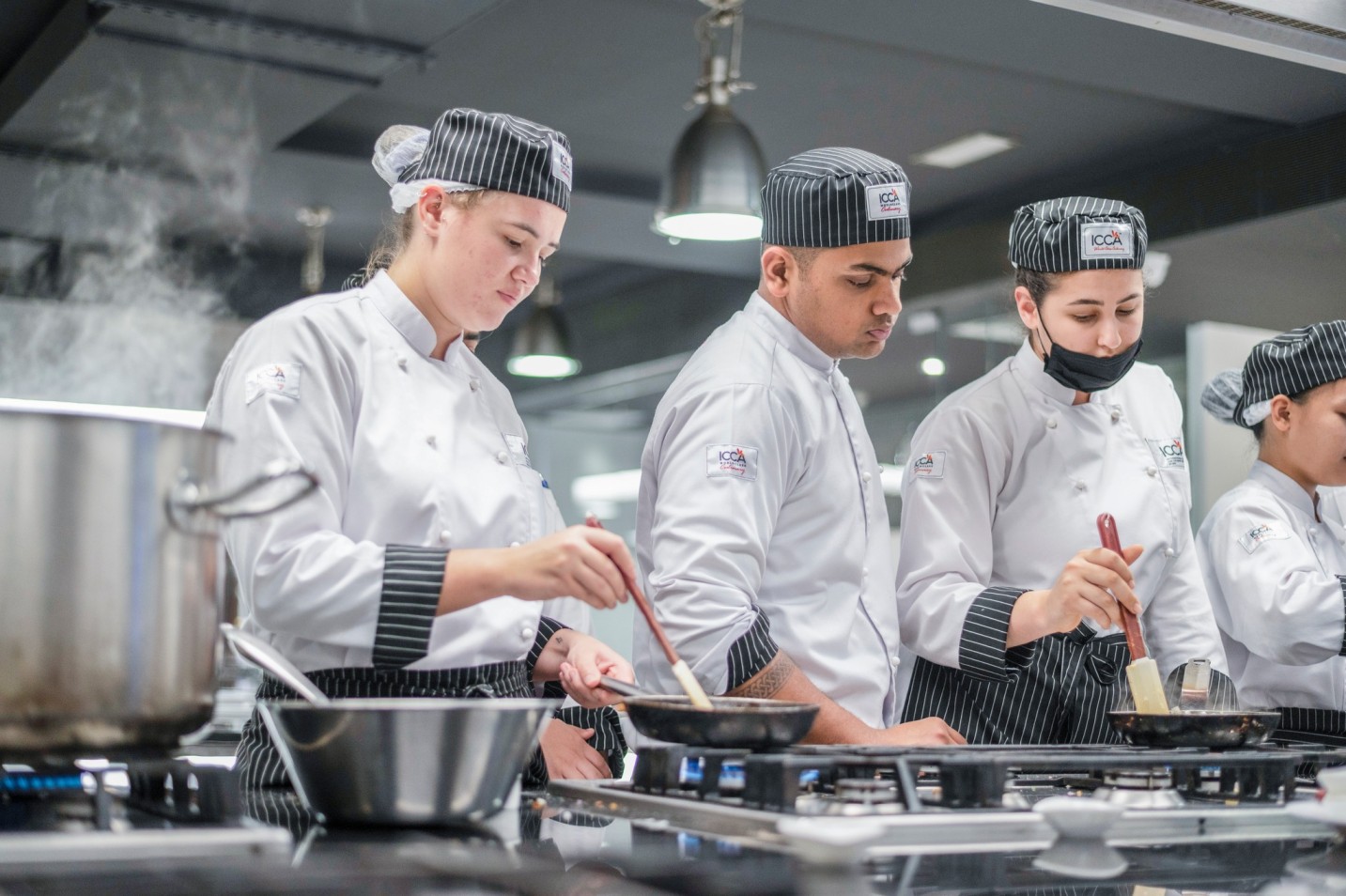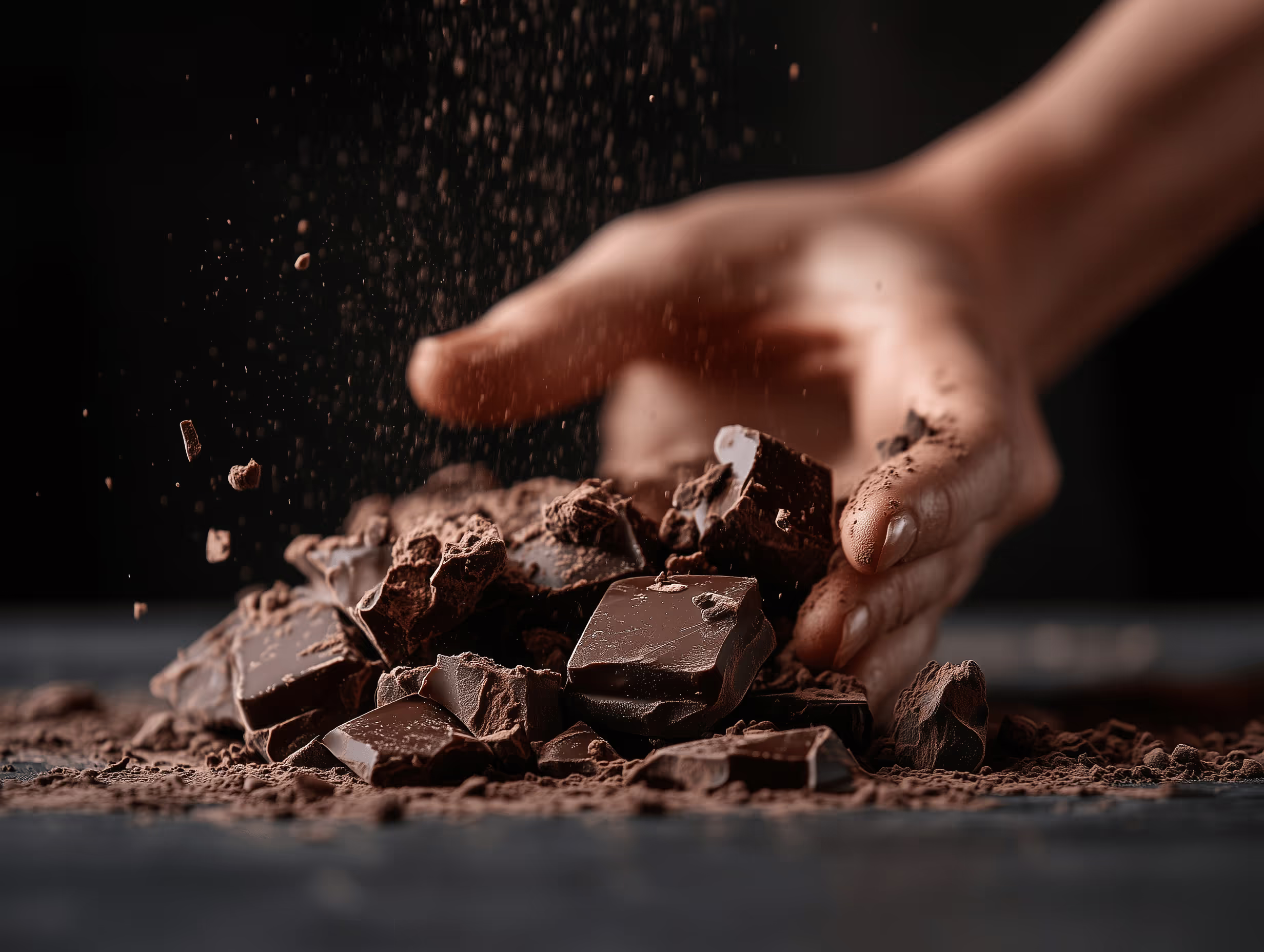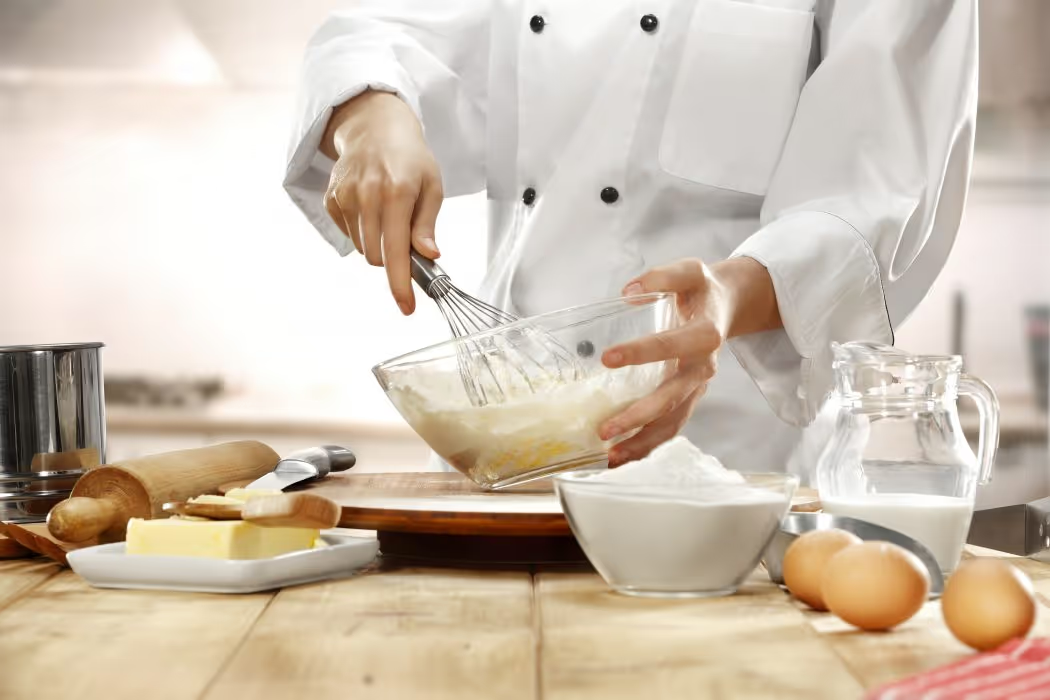Alfred H. Peet, often dubbed “the Dutchman who taught America how to drink coffee,” helped ignite the specialty coffee movement. He once said he taught the founders of Starbucks “his style of roasting beans”—a lineage that helped shape modern coffee culture.
So let’s get this out of the way: Specialty coffee is not your average cup of joe. It’s not what’s sitting in your office vending machine or your everyday supermarket blend. It’s coffee with a story, made with a lot of love and care. And if you’ve ever sipped a cup that made you pause, savour, and wonder how on earth something this good exists, chances are, it was specialty!
Did you know that 46% of U.S. adults now drink specialty coffee daily, up an astonishing 84% since 2011? And, Specialty Coffee Shops market is predicted to grow by USD 50.8 billion from 2025 to 2029
Well, it’s a full-blown movement.
So... What Exactly Is Specialty Coffee and How is it Different from Commercial Coffee?
Specialty coffee refers to high-grade Arabica beans that have been grown, processed, roasted, and brewed with care and precision.
The score, which is a set standard by the Specialty Coffee Association (SCA) is given after taking into consideration the traceability, ethical sourcing, and flavour clarity of coffee. The specialty coffee has its own journey, from farmers and roasters to baristas and consumers, all connected by a commitment to produce.
Commercial coffee focuses on output. Specialty coffee? It focuses on experience.
A Quick History Lesson (We Promise It’s Interesting)
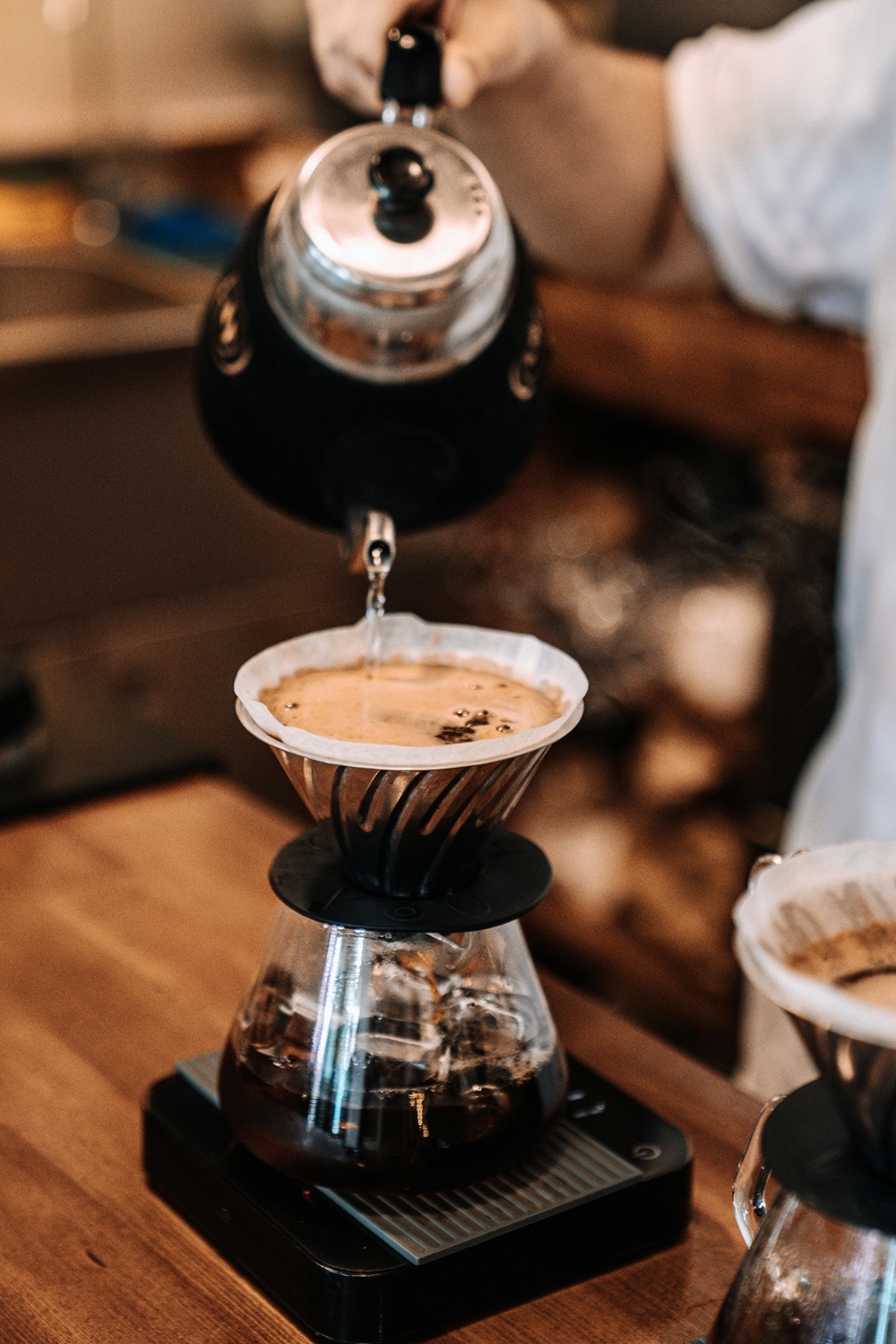
The term “specialty coffee” first popped up in the 1970s, when a small but determined group of roasters and coffee professionals decided: We can do better. Better beans. Better brewing. Better business practices.
Fast forward, and we now have the Specialty Coffee Association (SCA), which has set international standards for everything from green bean grading to water temperature for espresso. It’s serious business!
What Makes Coffee “Specialty”?
Here’s how it’s officially judged:
- Beans are graded and scored by certified Q Graders.
- Anything above 80 points (out of 100) earns the “specialty” label. (According to Specialty Coffee Association standards)
- Scoring includes aroma, acidity, sweetness, uniformity, and aftertaste.
But that score comes from a whole chain of quality decisions:
- Altitude: Higher altitude results in denser beans and more flavour potential.
- Processing Method: Natural, washed, or honey; all affecting clarity, body, and taste.
- Roast Profile: A specialty roast enhances the bean’s origin notes—not just bitterness or boldness.
The Bean to Cup Journey (Spoiler: It’s Fascinating)
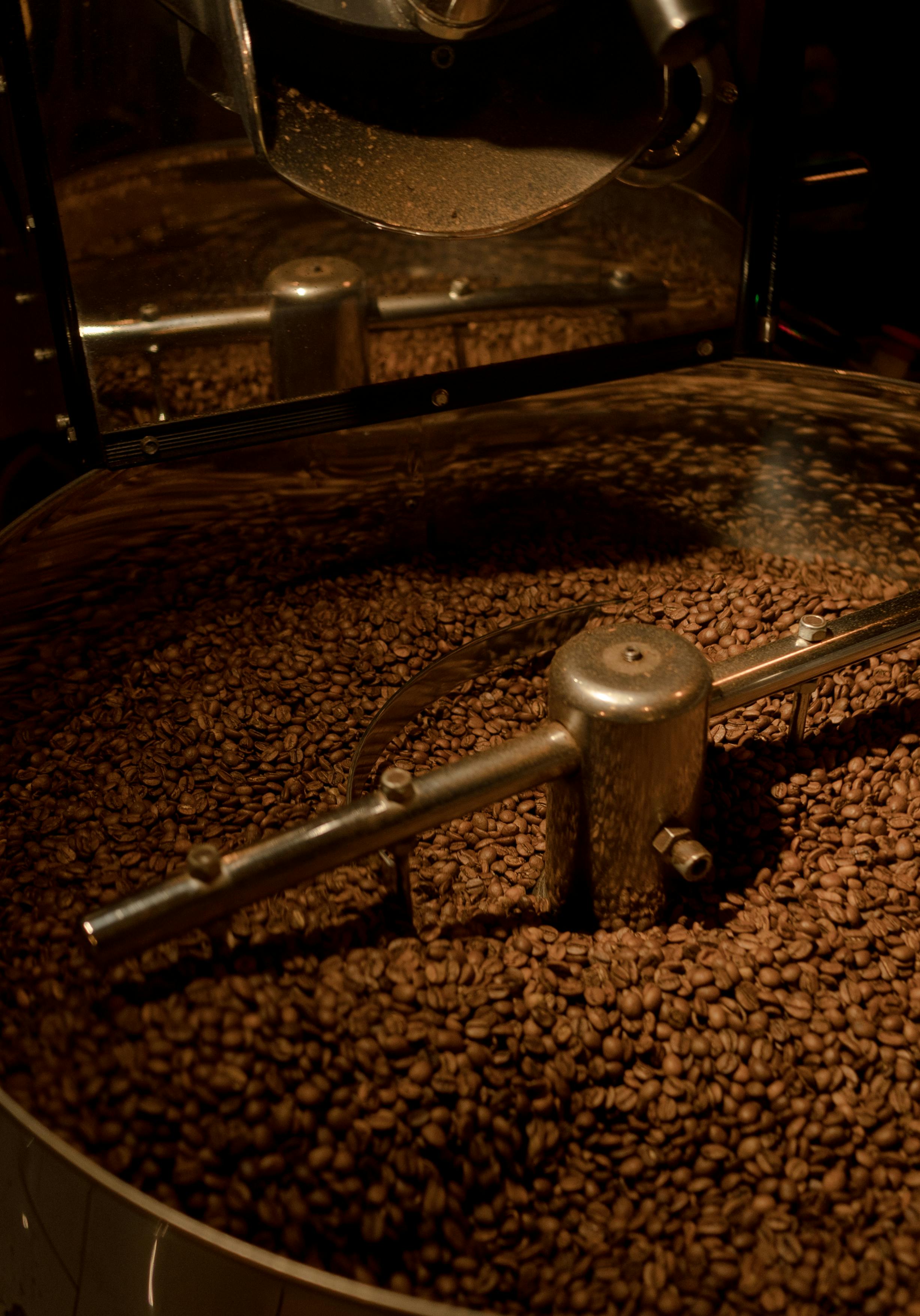
Let’s trace your morning cup back to its roots:
- Harvested by hand (yes, really).
- Processed using:
- Washed (clean, crisp flavours)
- Natural (fruity, heavier body)
- Honey (sweet, balanced)
- Washed (clean, crisp flavours)
- Dried, sorted, and shipped to roasters who calibrate the ideal roast profile.
- Brewed with precision—grind size, water temp, brew ratio all dialed in.
Every step matters.
Why Origin & Terroir Matter
Wine lovers talk about terroir and so do baristas. The region where a coffee is grown deeply affects its flavour.
- Ethiopia: Floral, tea-like, citrusy.
- Kenya: Bright acidity, blackcurrant, juicy.
- Colombia: Nutty, sweet, balanced.
- Brazil: Chocolatey, low acidity, creamy body.
Understanding origin is a core part of knowing that great coffee starts with great awareness.
Specialty vs Commercial Coffee: The Breakdown
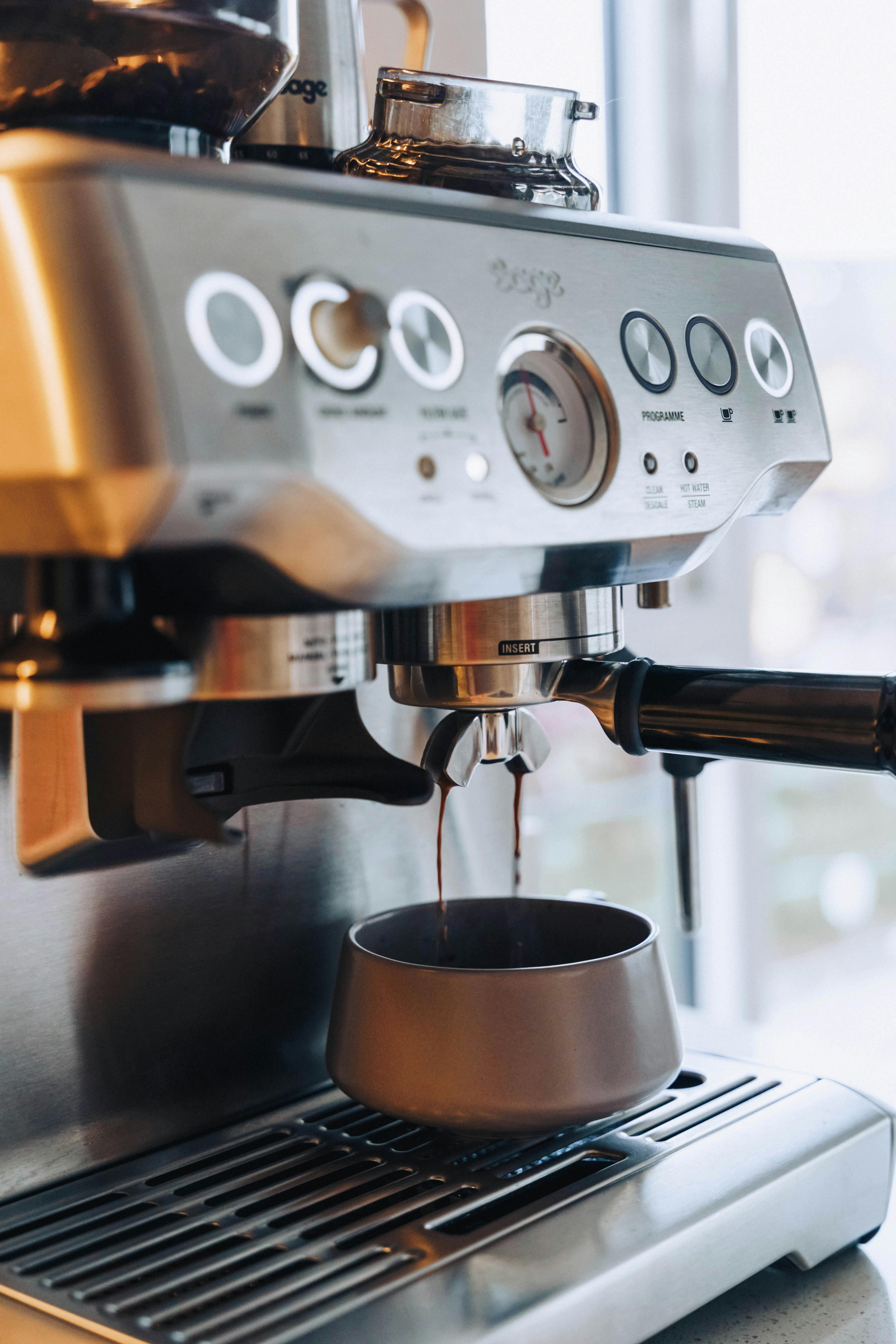
Brew Like a Pro: Popular Specialty Coffee Methods
Brewing is both an art and a science! Here are a few go-to methods for specialty:
- Pour-over (V60, Chemex): Elegant and aromatic.
- French Press: Full-bodied, textured.
- AeroPress: Versatile and travel-friendly.
- Espresso: Intense, balanced, and unforgiving without the right technique.
Every method brings out different notes.
Water & Grind: The Underestimated Heroes
If your coffee tastes “off,” it could be your water or grind.
- Water Composition: Minerals enhance flavour—but too much or too little can ruin extraction.
- Grind Size: Coarse for French Press, medium for pour-over, fine for espresso. One size does not fit all.
Coffee Culture Around the World (and Right Here in the UAE)
The third wave of coffee isn’t a trend, it’s a movement known worldwide.
In cities like Melbourne, Portland, and Tokyo, specialty coffee has become a lifestyle. Cafes are no longer just hangouts, they’re hubs of craft and connection.
Here in the UAE, the specialty scene is booming. Local roasteries, barista competitions, and homegrown cafés are raising the bar.
Sustainability & Ethics: The Backbone of Specialty
Specialty coffee is built on responsibility:
- Direct Trade over blind auctions.
- Fair Wages for farmers.
- Environmental Care through water-saving, shade-growing, and low-impact processing.
But it’s not easy. Farmers face climate threats, pricing instability, and rising costs. That’s why education and transparencyare key to making a real difference.
The Barista’s Role (Spoiler: It’s Way More Than Making Coffee)
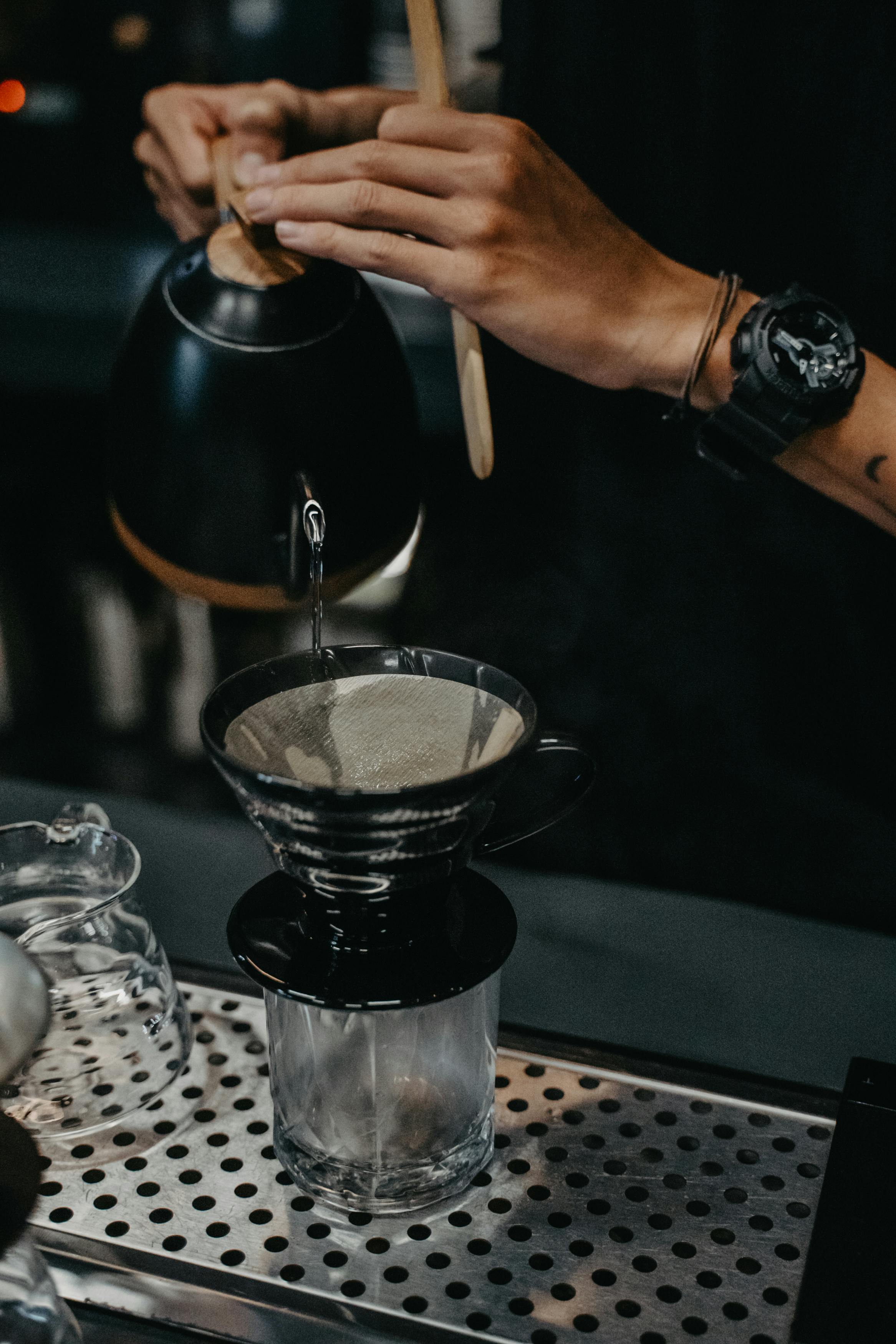
Baristas today are sensory analysts, storytellers, and customer educators.
They:
- Understand the chemistry of extraction.
- Adjust to micro-variables in real time.
- Create memorable guest experiences with every pour.
And yes, they make that perfect heart on your flat white too.
Storing Specialty Coffee the Right Way
To keep your beans tasting fresh and fabulous:
-Use airtight, opaque containers.
-Store in a cool, dry place.
-Avoid the fridge (beans absorb odours).
- Don’t grind until you’re ready to brew.
Simple steps. Big impact.
What’s Next? Trends Brewing in the Specialty World
- Experimental Fermentation: Think carbonic maceration, anaerobic processing.
- Eco Innovations: Reusable packaging, compostable pods, solar drying.
- Tech-Forward Brewing: App-controlled grinders and AI-based roasting profiles.
The future of coffee is smart, sustainable, and flavour-forward. And ICCA is already gearing up students for that future.
Specialty Coffee FAQs
Q: Is “gourmet” the same as specialty?
Nope. “Gourmet” is marketing. “Specialty” is a certified standard.
Q: Can I brew specialty coffee at home?
Absolutely. But technique matters. We teach the “how” at ICCA.
Q: Why is specialty coffee more expensive?
Because it’s grown better, roasted better, and pays people fairly across the chain.
The world doesn’t need more coffee.
It needs better coffee—and better-trained professionals behind it.
At ICCA Dubai, our International Award in Barista Skills Program goes beyond latte art. A City and Guilds, UK-accredited program that takes you on a journey from bean to cup. Perfectly designed and ideally structured for coffee aficionados, aspiring café owners, or those aiming to build a professional career as baristas. Whether you’re looking to upskill or start fresh, this is where your coffee journey levels up!



